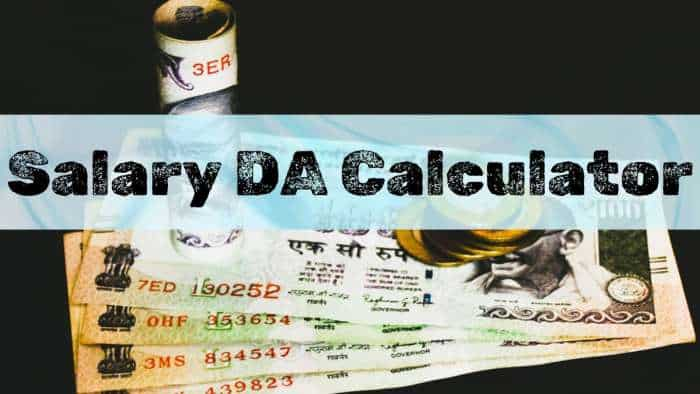How can one convert SGB holdings into dematerialised form?
In case of Depository Mode, the RBI will credit Gold Bonds to the Client’s demat account. In case of Physical Mode, the RBI will issue a physical Gold Bond Certificate to the clients.
)
Due to some of the prominent advantages of sovereign gold bonds (SGBs), such as periodic interest pay-out, safety, simplicity, and the hassle-free investment nature of SGBs (with no risk pertaining to purity or theft), experts time and again advocate investment in them as opposed to gold in its physical form.
So, if you are also considering investing your money in SGBs, here is an important pointer worth noting. The issuance of SGBs to investors strictly depends on the mode chosen by them. FAQs on SGBs on the NSE website state that participants can choose between Depository Mode and Physical Mode to place the bid on behalf of their investors. In case of Depository Mode, the RBI will credit Gold Bonds to the Client’s demat account. In case of Physical Mode, the RBI will issue a physical Gold Bond Certificate to the clients.
But financial institutions recommend investors maintain their SGB investments in a demat account as opposed to without the demat. Here are some points of difference that one can note:
| SGBs held without demat account | SGBs held in a demat account |
| Tracking your SGBs and their performance becomes complex | Enables comprehensive tracking of SGB portfolio together with their performance |
| SGBs in physical form are not liquid and remained locked until redemption | These SGBs are liquid and can be easily traded on exchanges as and when needed
|
| Certificate copy can be lost | Your investment certificate remains safe and can be easily viewed via the app |
| Changes in banking details as well as nominations to be done individual for all SGB investments | Single request needs to be made |
How can one convert SGB holdings into dematerialised form?
SGBs are issued as Government of India stocks by the RBI and are eligible to be held in a Bond Ledger Account (BLA), an RDG Account, or in a demat account with Depositories viz NSDL/CDSL.
The applicant can make a specific request either at the time of subscribing the bond or, on a subsequent occasion for crediting the bond to a demat account. The process of conversion to demat will be subject to the accuracy of the details provided by the applicant, such as the name, DP ID, client ID, and acceptance of the record by the depositories. Precaution may be taken by receiving offices (ROs) to ensure that the name of the investor entered by them in the RBI’s portal corresponds with that in the Depositories’ records. Confirmation may be obtained from the customer in this regard before uploading the details.
If the holder desires to convert the SGB held in BLA with the RBI into the dematerialised form subsequent to allotment, the ROs may accept the request along with details such as the name of the Depository, DP ID, client ID, PAN of the first holder, etc. The ROs shall enter the details in the E-Kuber portal. Such requests will be processed by the Mumbai PDO and the RBI on a consolidated basis every week, and the details will be sent to the depository, as the case may be, for validation.
Once the details are validated by the depository, the bonds will be transferred by PDO, Mumbai, to the depository for onward credit to the demat accounts of the beneficiaries, as noted in SBI’s procedural guidelines per se for servicing the bonds.
Get Latest Business News, Stock Market Updates and Videos; Check your tax outgo through Income Tax Calculator and save money through our Personal Finance coverage. Check Business Breaking News Live on Zee Business Twitter and Facebook. Subscribe on YouTube.
RECOMMENDED STORIES

Income Tax Calculations: What will be your tax liability if your salary is Rs 8 lakh, Rs 14 lakh, Rs 20 lakh, and Rs 26 lakh?

8th Pay Commission: Can basic pension cross Rs 3 lakh mark in new pay commission? See calculations to know its possibility?

Retirement Planning: How one-time investment of Rs 10,00,000 can create Rs 3,00,00,000 retirement corpus

Power of Compounding: How long it will take to build Rs 8 crore corpus with Rs 7,000, Rs 11,000 and Rs 16,000 monthly investments

Monthly Pension Calculations: Is your basic pension Rs 25,000, Rs 35,000, or Rs 50,000? Know what can be your total pension as per latest DR rates

Dearness Allowance (DA) Calculations: Is your basic monthly salary Rs 25,500, Rs 35,400, or Rs 53,100? Know how much DA will you get at different rates
03:08 PM IST







